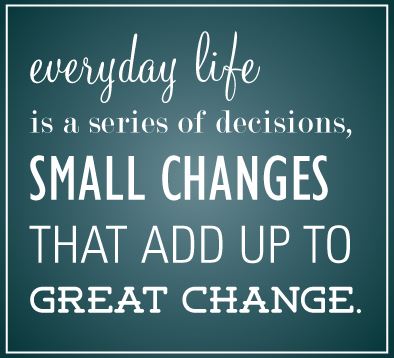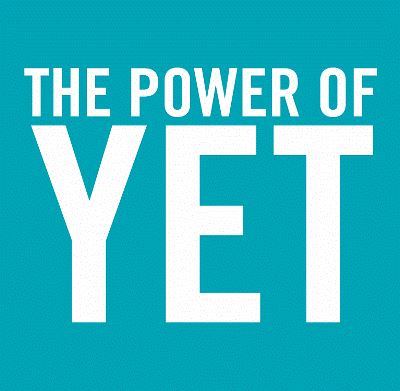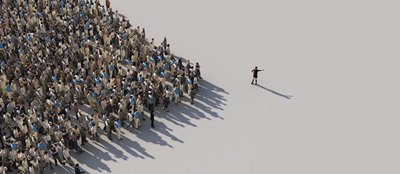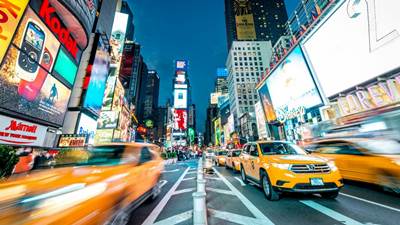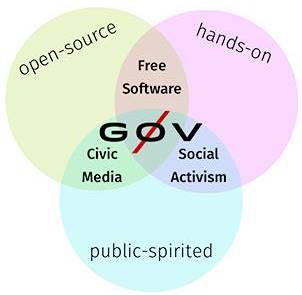To follow-up on the previous post ‘How to Explain the Contradiction Between Small Changes and Transformation‘, let’s think further about what self-improvement gurus look for when they recommend progressive, daily change that compounds. I believe that in fact they intend to create the conditions for a rupture change.

Most self-improvement literature is for people who are stuck and probably unhappy with their situation. It would be difficult to tell them that they need to change everything immediately, without being prepared. It is much better to ask them to reflect, change, improve themselves day after day toward what they want to be.
At some point there will be a rupture point with their current environment and their current self. Progress will have been made which will suddenly put in bright light the inadequacy of the situation, and a crisis and sudden transformation will ensue: divorce, changing job and/or becoming independent, etc.
In complex system when it is ready for change the slightest disruption will change completely the system, all of a sudden. The point it to reach this rupture point and let the system mature accordingly.
And this is all the subtleness of self-improvement literature: have the system mature so that one day, all of a sudden, a major change can occur.

